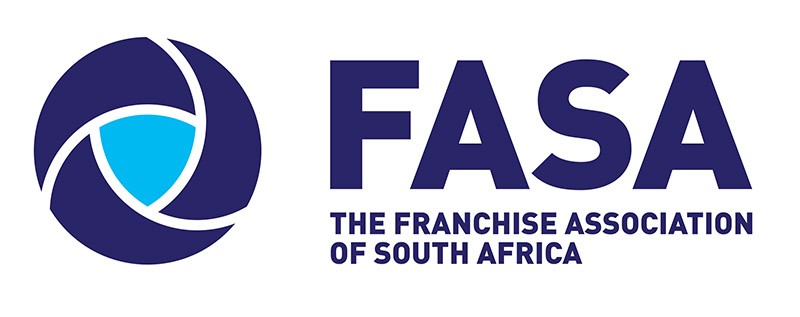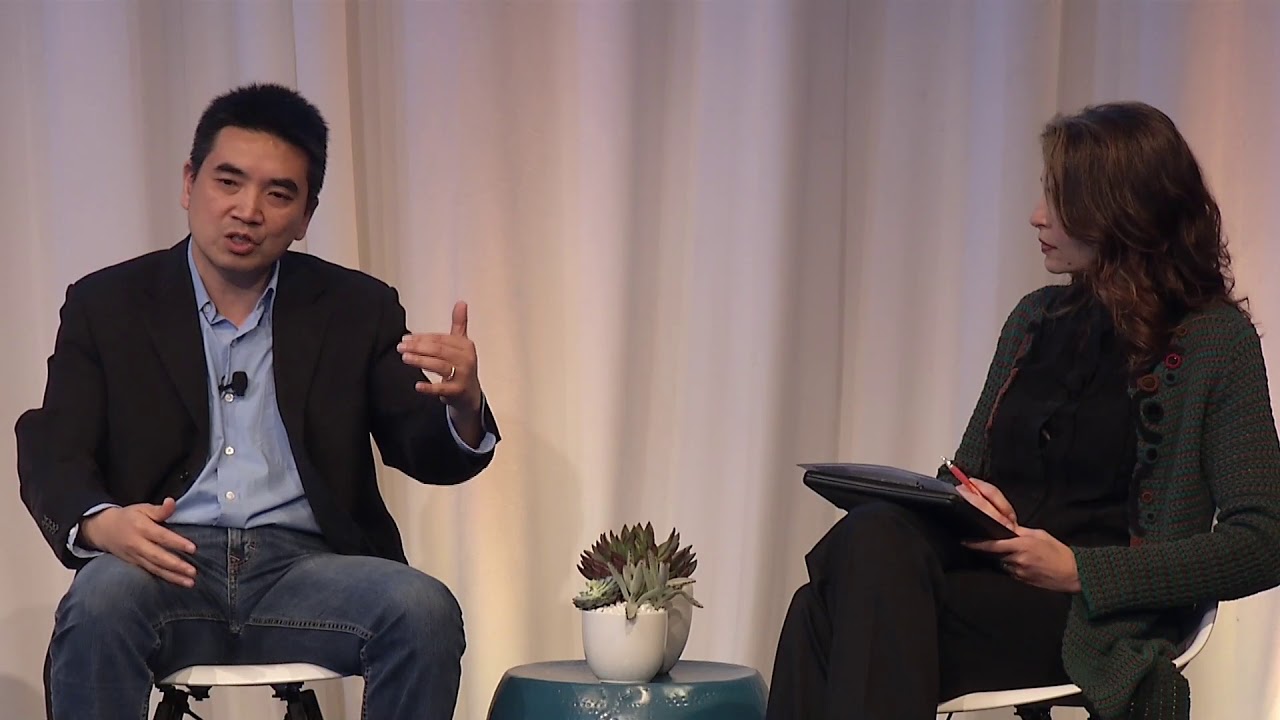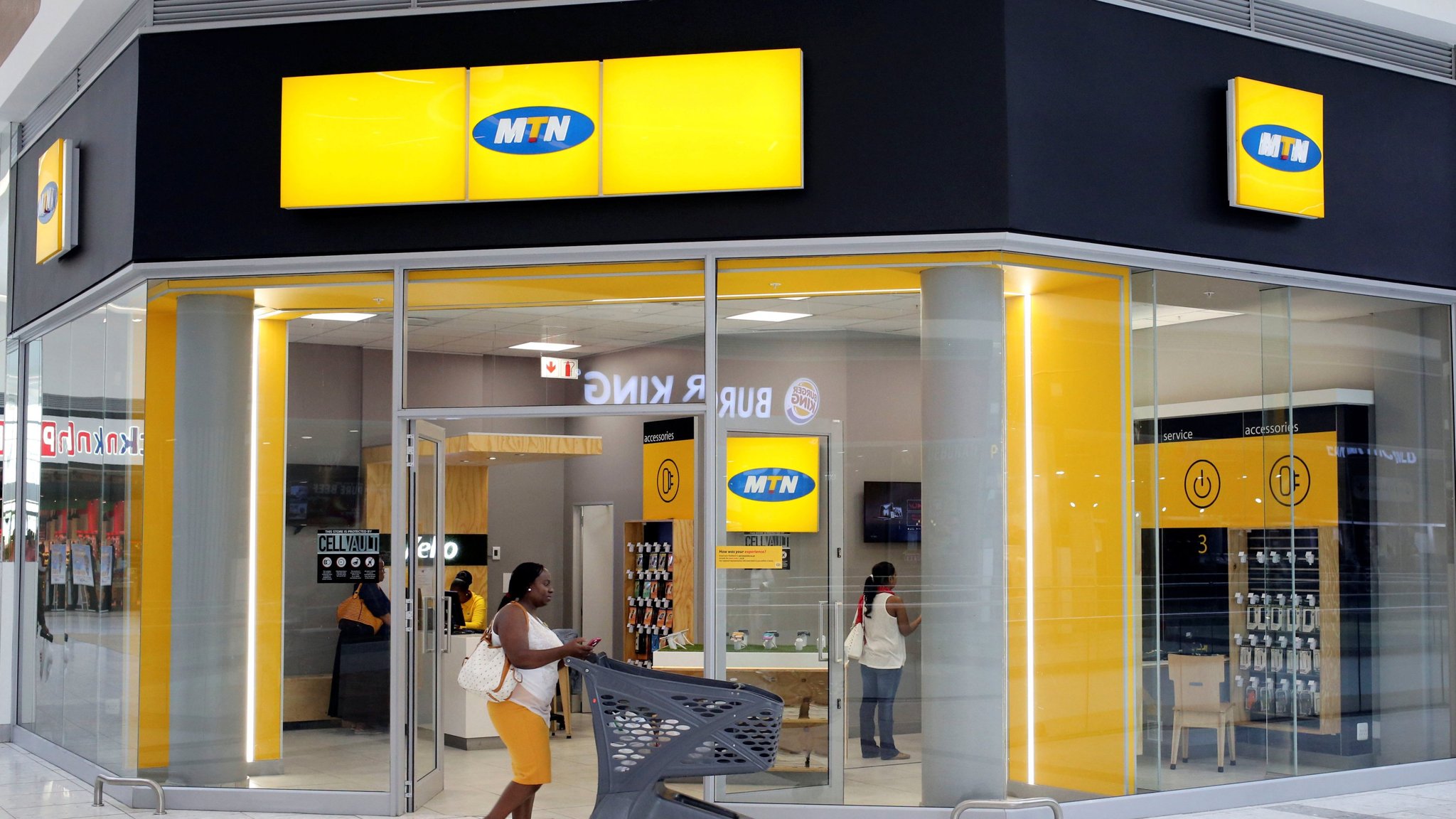Inside Mauritius Where A Majority of South Africans Are Migrating To And Their Reasons
The island of Mauritius, with a population of just 1.2 million people is not only good for business, but is almost crime free. This is probably why a majority of high net worth of South Africans are migrating there. Below, we examine the reasons for this migration.

Foreigners Can Own Landed Property In Mauritius And Get Automatic Residence Permit
Following the passage of the the Non-Citizen (Property) Restriction Act into law by the Mauritian government, any non-citizen (whether individual, corporate or trust) of Mauritius can purchase immovable property (such as land for commercial purposes) subject to obtaining the approval of the Prime Minister’s Office, channeled through the Board of Investment of Mauritius. Prior to this law, only non-citizens of Mauritius who have permits to invest, work or live in Mauritius could purchase specific types of immovable property in Mauritius.
Even when the non-citizen is not yet in Mauritius, but in South Africa, the purchase of a residential unit acquired under the Mauritian Property Development Scheme (PDS)or Smart City Scheme can give the non-citizen an automatic right to residence in Mauritius without applying for any further permit to reside, provided that the property’s purchase price is above USD 500,000.
Other Ways of Getting Automatic Residence Permit Are:
Occupation Permit (OP) :
- When you plan to work in Mauritius, you would also get an automatic residence permit, provided that you make an Initial investment of $100,000 in a business activity that should generate an annual turnover of at least MUR2 million ( $58,000) for the first year and cumulative turnover of at least MUR10 million for the subsequent two years.
Permanent Residence Scheme (PRS)
- Foreign nationals investing more than $500,000 into the Permanent Resident Investment Fund (PRIF) for a period of 10 years are eligible for permanent residence, along with their spouse and children under 18 years of age. For children over 18, an additional deposit of $100,000 per person is required.
- Other means of entering the country include a retirement non-citizen permit, and a foreign investor permit.
- This has made the island country become highly sought-after by South African property buyers, some for residency purposes, but mostly for holiday/second homes, retirement and relocation.
Lending Rate
Banks in Mauritius peg their lending interest rate at 8.50 percent as of February, 2019. The average Lending Rate in Mauritius from 1998 to 2019 is 9.78 percent, meaning that lending rate in Mauritius has never gone beyond 9 percent over more than a twenty-year period and is not likely to ever go beyond that in the coming years.
Aside lending rate, the country also boasts of top-class infrastructure including an excellent banking sector, strong economic growth and a favourable investment and tax climate and is regarded as one of the easiest places to do business in.
Doing Business In Mauritius

It takes just 2 days to register a business in Mauritius. All you have to do is provide the following the information:Name of the company/commercial partnership;Company file number/Commercial partnership files number;The Business name (if any);The general nature of business and its location; Date or proposed date of commencement of business; Address of the principal place of business; Postal address; Workforce of the applicant; Telephone number, fax number and email address and pay as low as 100 Rupees ($1.43) and you are good to go.
Other business reasons of moving to Mauritius include, economic growth, good schooling, low crime rates, and is politically stable, and has an unemployment rate of 6.80%.
Taxes:
Unlike South Africa, the business environment is tax-effective. Under the Mauritian Global Business sector, a foreign company can fall in either one of two categories: GBC1 or GBC2.
Also See: Franchise Association of South Africa Reveals Why Franchises Are Now Choosing Shopping Centres Or Mall Locations
A Global Business Company (GBC 2)
A Global Business Company (GBC 2) is a company that has its office in Mauritius, but does business outside Mauritius. At all times, the company has the Management Company acting as Registered Agent in Mauritius. The GBC 2 is non-resident for tax purposes and therefore is a tax exempt entity and cannot avail itself of the relief under the Double Taxation Treaty in force in Mauritius. Thus, a GBC2 company pays no corporate tax; no withholding tax on dividends; no interest and royalties; no Capital Gains tax; and has no access to Double Taxation Avoidance Treaty.
A Global Business Company 1(GBC 1)
A Global Business Company 1(GBC 1) can be in the form of a Trust, Sociéty and Partnership. This includes small and medium scale businesses. A GBC 1 is considered to be tax resident in Mauritius and is subject to corporate tax at 15%. Tax advantages for GBC 1 in Mauritius are that there is no capital gains tax and also no withholding tax on dividends, interest and royalties paid or estate duties.
The expanding network of Double Taxation Treaties has further reinforced Mauritius as a tax efficient jurisdiction and is also one of the prime reasons explaining the growing investment in GBC 1. Activities commonly undertaken by a GBC 1 requiring no specialized license are Investment Holding, Trading and International Consultancy and it normally takes an average of 3–4 weeks to incorporate a GBC 1 with such standard activities.
Theo Pietersen, MD of South African Real Estate company, Seeff in Mauritius, gave an insight that more South Africans may be on their way to the island of Mauritius for the singular reason that the property on the island is regarded as an excellent investment and if you invest early, you can generally benefit from excellent capital growth.
Mauritius is made up of an ethnically and religiously diverse mix of people of Indians, Africans, French and Chinese heritage. The business people of Mauritius today are predominantly from Europe, South Africa, India and China.
Charles Rapulu Udoh

Charles Rapulu Udoh a Lagos-based Lawyer with special focus on Business Law, Intellectual Property Rights, Entertainment and Technology Law. He is also an award-winning writer. Working for notable organisations so far has exposed him to some of industry best practices in business, finance strategies, law, dispute resolution and data analytics both in Nigeria and across the world.































